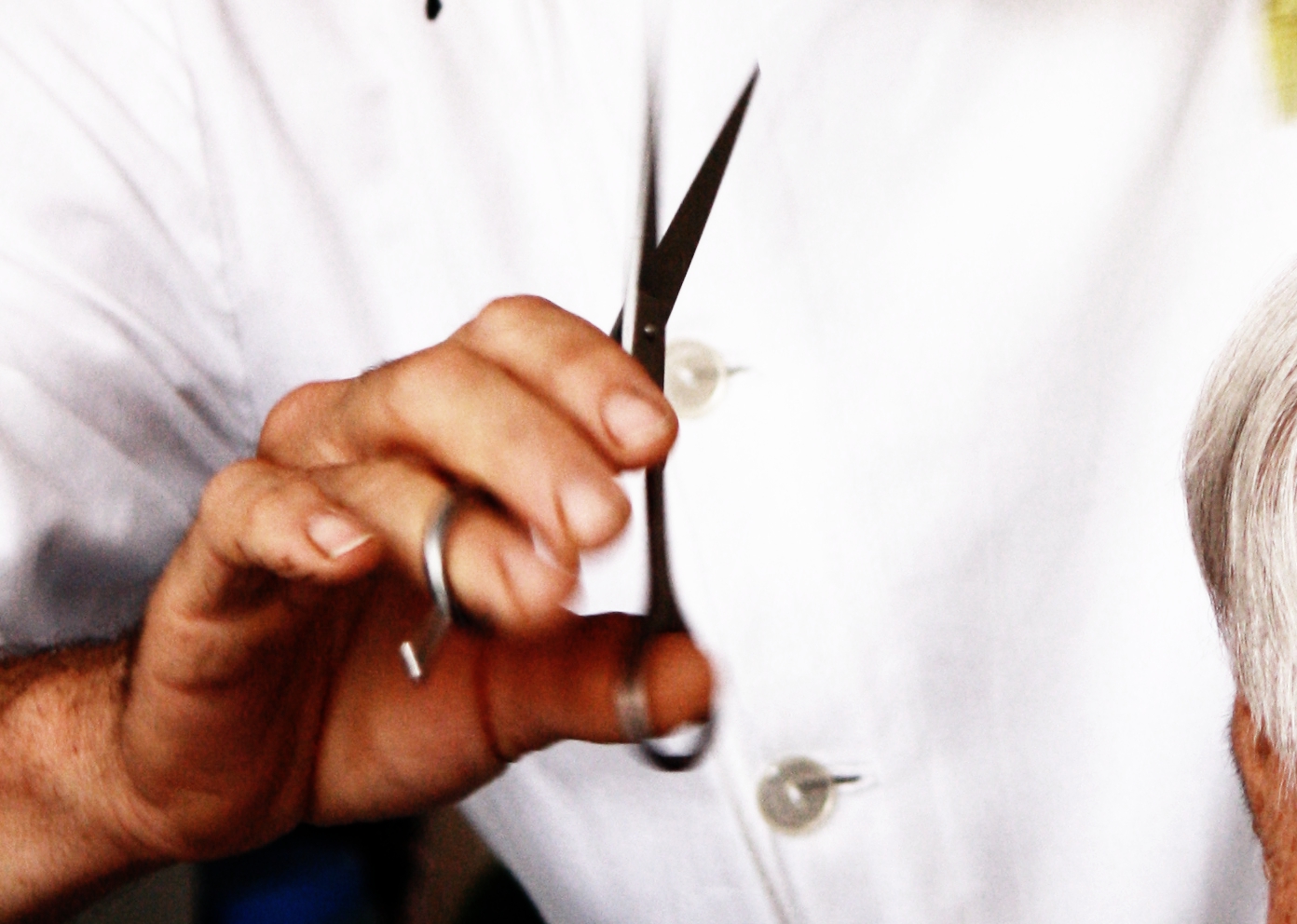Misunderstanding is a highlight of the virtual communication status quo; at least, lots of people have tended to think so for the past year and a half. “I can see you, but I can’t hear you”; “Sorry, I had the wrong link”; “I didn’t realize I was on mute”: these became stock phrases, and in future years they’ll be matter for both nostalgia and nightmares. What I suspect is that this situation dramatizes how miscommunication is always a feature of communication; and, with miscommunication, we invariably get mistrust.
In 1986, the Journal published a short essay by the journalist and novelist David Black: “Consequences.” Black’s essay (the first of the nonfiction pieces we are featuring in our 60 for 60 celebration) is a moving account of the way that parents and children learn to disbelieve each other. Tragic, certainly; a necessary part of life, perhaps. We hope that you enjoy this admirable piece of prose; and we also hope that disappointments and confusions continually lead to further wisdom.
CONSEQUENCES
David Black
Susannah, my five year old daughter, put her hand on her chest and asked, “When I go to sleep, does my heart stop?”
We were crossing the Triborough Bridge on the way to Forest Hills, where Susannah was going to spend the night with her grandparents. Ever since leaving our apartment, she had been unusually quiet, and I suspect she had been brooding about her question.
I knew what prompted it. That morning I had returned from a trip to the Menninger Clinic in Topeka, Kansas, where I had met a yogi from New Delhi, who in the interest of science had been buried for a week. During that time, he had virtually stilled his heart and breathing — a feat so dramatic the clinicians, on his return, treated him like Lazarus.
I had expected him to be modest as a saint; but he was boisterous and arrogant, thumping his chest and bragging throughout my interview with him. Three times he described his visit to The Merv Griffin Show, and he dropped names of the celebrities he had met on his tour around the United States. In Cambridge, where he had been studied at MIT, he had discovered a Bailey’s ice cream parlor; and he bullied me into taking him out for a sundae, which he ate greedily, dripping hot fudge into his beard. Not at all abstemious as I assumed yogis to be, he guzzled liquor, especially Irish whiskey and bummed cigarettes from everyone. I had been telling my wife, Debby, stories about him all day. Susannah had obviously overheard.
I explained to Susannah that, when she went to sleep, her heart did not stop, but that certain people, like the yogi, had trained themselves to do amazing things. For example, some people could walk on hot coals without burning themselves. The previous week, on the same assignment that took me to the Menninger Clinic, I had interviewed a man from Vermont who had taught himself that trick; I assumed Susannah had heard me talk about him, too.
Susannah looked at me askance.
“Walk like on a fire?” she asked.
“Yes,” I said.
She gazed straight ahead through the car’s windshield.
“Dad,” she said, “I don’t believe you.”
When I got home after dropping Susannah at her grandparents’ house, I told Debby what had happened.
“She’s never told me she didn’t believe me before,” I said. “I asked her why she thought I’d lie to her, but she just kept staring through the window.”
“Well, it’s hard to believe that stuff,” Debby said. “Yogis stopping their hearts. Walking on fire. I don’t think I believe it.”
“I saw proof that this guy’s heart had almost stopped,” I said. “I watched while the other guy walked on hot coals. I saw it. You never saw Jesus walk on the water, and she believed you when you told her that story.”
The evening without Susannah was supposed to be romantic. Debby and I had planned to dine at the same French restaurant I took her to the first time we went out together twelve years earlier. After that, we were going to rent a room at the St. Regis without luggage — just as we had after dinner on that first date.
Instead, while we should have been dressing, we argued about miracles and the apparently miraculous. The telephone rang. It was Susannah sobbing, saying she didn’t want to stay at her grandparents’ house.
“She’s upset by all the talk about peoples’ hearts stopping and walking on fire,” Debby said.
“I’ll get her,” I said.
“Let her stay,” Debby said, as I headed out the door. “You’re spoiling her because of a guilty conscience.”
On the way back to Manhattan, Susannah again gazed solemnly through the front window of the car. She was so quiet I thought she was drifting to sleep, but she was alert, tense. At last, she said, “Grandma told me I had to go to bed without dinner.”
Her grandmother, who doted on her, would never have done that.
I said, “I don’t believe you.”
Then, realizing I had unconsciously echoed what she had said on the way to Forest Hills, I glanced at her.
She stared back, her smile smug, as though something she never understood before had just been proved.



